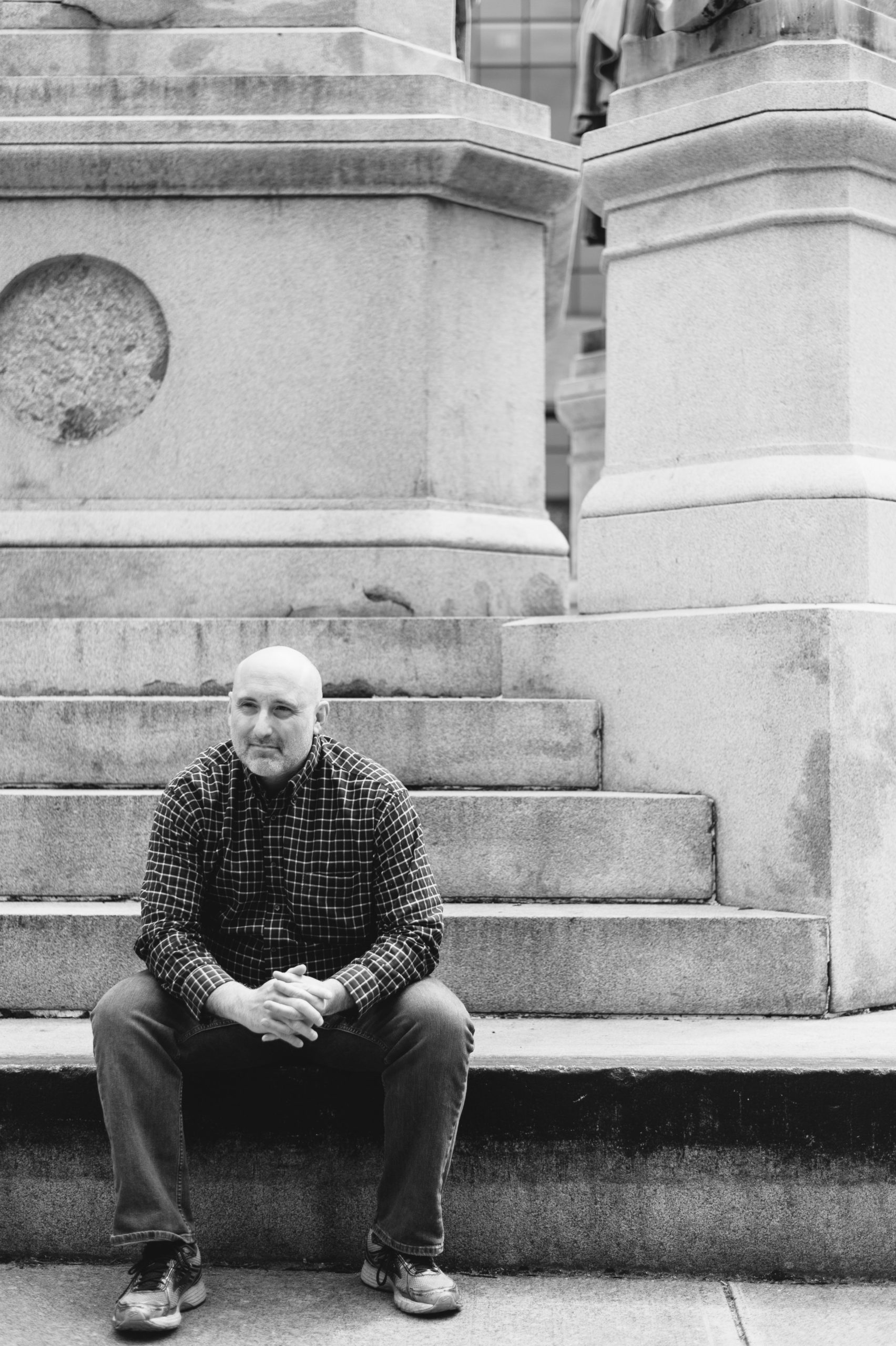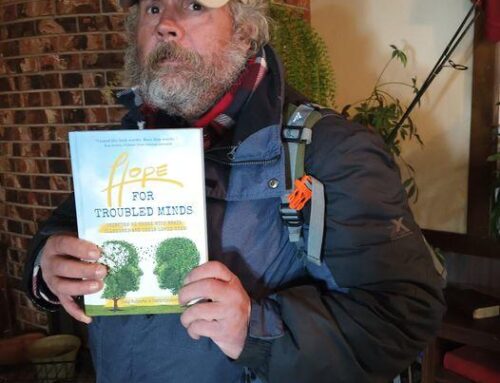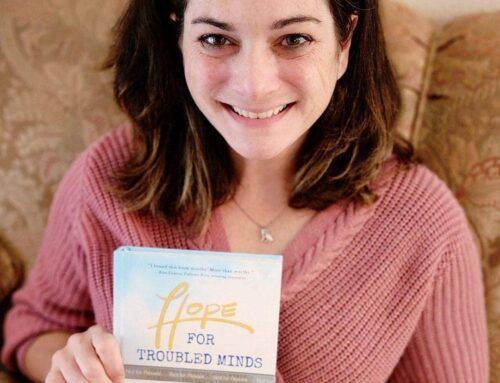{Note: This post was first published in June of 2017. The events described convinced me I could no longer live alone without assistance. I’m publishing this today (March 18, 2018). Later this week, I’ll share one that reflects how far I’ve come.}
I spent last weekend in an Emergency Observation Bed (EOB) of a local hospital. I was allowed to wear my sweats and slippers (I came prepared), as well as read my Bible and write in my cloth-bound journal.
Note to self: Get a sturdy pocket sized Bible instead of my 8-inch thick parallel one. One guy on the unit asked me if I was going to beat him up with it.
What brought me there? I wasn’t exactly a threat to myself or to others, but I did feel I was on the verge of losing control. As I told my psychiatrist, I didn’t feel desperate, but doomed. He gave me a medication strategy to calm me down. It didn’t work. I called the Crisis Line. The counselor there coached me through a self-assessment. I asked her to call 911. And thus began the journey that led to the EOB.
I’ve learned that the part of this journey that included three police cars and five police officers rushing to the scene is a “routine” protocol in dealing with persons presumed to be having a psychotic episode. I don’t fault law enforcement, but this method is more likely to escalate the person rather than diffuse him/her. My own blood pressure shot up to 200/100.
There was only one other patient on the EOB unit. I saw her only for about five minutes when she came out to eat. I spent my time reading, writing, and calling people for prayer. Three men from my church visited me. We read Scripture and prayed. We also laughed at our own humanness. The humanness that in many ways we are on God’s observation unit, the essential yet flawed system set up to care for the mind, and how we need to observe each other to promote healing and prevent our brothers and sisters from falling through the cracks.
Laughter is so crucial for all healing, especially psychological healing. After having episodes, I have felt such a deep sense of sorrow or shame for mistakes I have made, ways I have hurt myself and particularly others. It was such a delight for me to visit a museum with my daughter and family. She directed me to a contraption that looked like a torture devise to suck out your brains. It was an early version of Shock Therapy. “Dad,” she said, “aren’t you glad you didn’t go for E.C.T. then?”
At some point, I went to the nurse’s desk and asked if I could contact a respite house to go to when I left the hospital. I had been told I would be on the unit no more than 48 hours. The head nurse looked at me, leaned back and spit out:
“We think it is best for you to go to C_____. It’s a lot like the respite house, but more stable. They monitor your meds.”
I placed a quick call to a church leader who had been involved with persons in “the system.” He said C______ was dreadful. 400 beds. Dark and dreary. More like a lunatic asylum than a humane respite center.
This impression of C_______ has since been confirmed by a woman I know who has been a compassionate mental health provider for over 30 years in our city. She said to me, “Don’t ever let them take you there. It is horrid. Even the most disturbed patients have to use the same bathrooms.
I went up to the head nurse’s desk, trying to advocate for myself. I was sizing her up. She was doing the same for me.
“So what kind of religion do you practice?” she asked.
“I’m Presbyterian.”
“Ah, good. Presbyterians are more progressive, more open-minded.”
“Do you have concerns about my faith?”
“Yes, some religions advise their adherents to not take psychotropic meds.”
I said, “I take my meds religiously and I pray incessantly for healing.”
This nurse who could have been an obstacle for my progress toward healing then became my top advocate. She diligently contacted my psychiatrist, who told her I was very educated about my illness, that she could trust my judgement. She contacted my therapist, who said I followed up on treatment goals faithfully.
What could have been a battle between religion and psychiatry, turned out to be a working partnership. Some would say this was because both sides chose to respect the other, to be humanistic in offering care. I believe it is more an exceptional example of God’s grace working through faith and medical science.
This is now the seventh episode I’ve had in the 18 months I’ve lived in Rochester. I’ve come to the extremely difficult decision to move back to Indiana, where I will have the care and support of my birth family. Notably, my sister, who is a psych nurse. And not just any psych nurse, but one who will travel across the country to sit beside her brother’s side when his mind betrayed him to believe the world crashing down around him. Now she will be upstairs, within ear-shot of a fervent scream when I’m having a hellish nightmare or a plea for help when I’m sinking into a pit of despair.
Discover more from Delight in Disorder
Subscribe to get the latest posts sent to your email.








